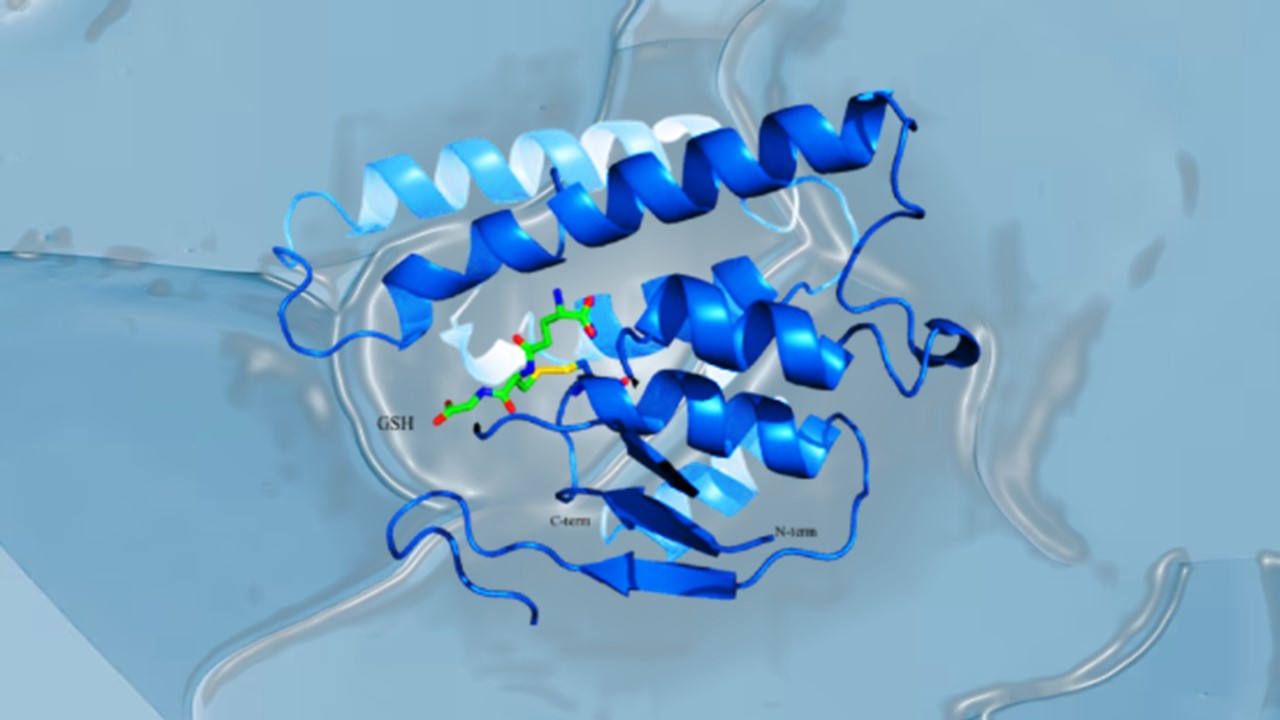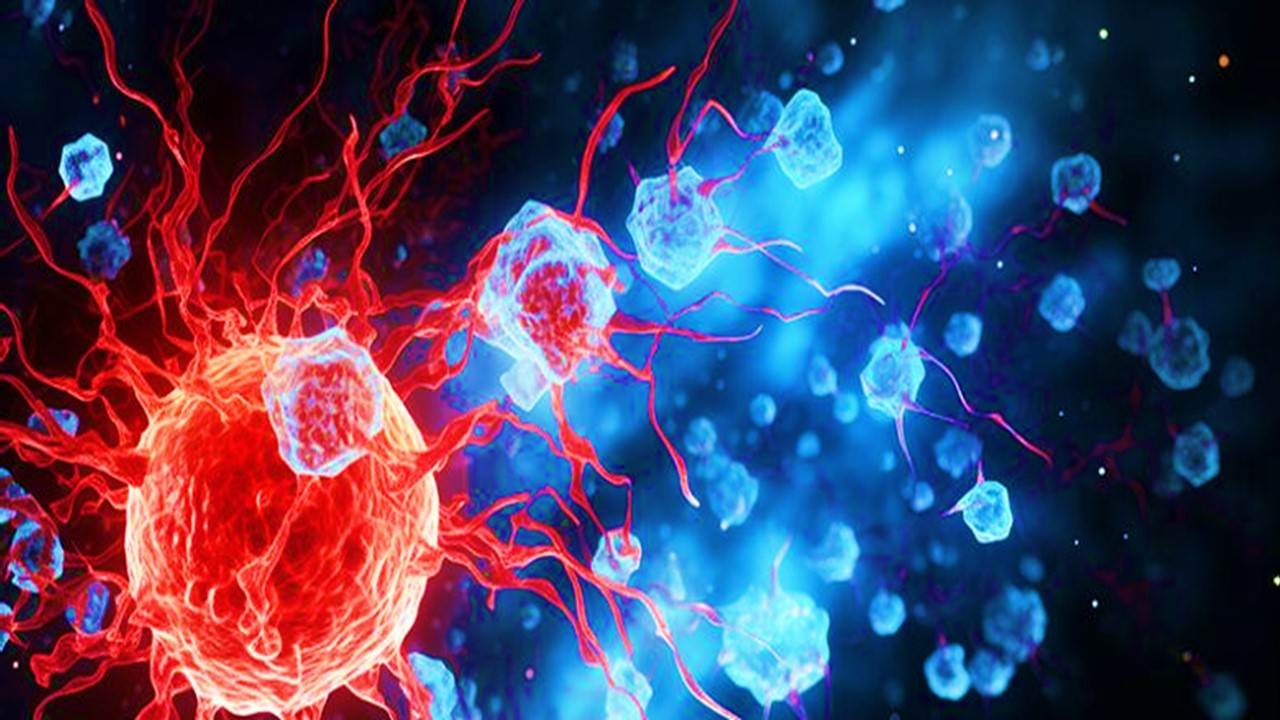Prostate cancer, a formidable challenge in the field of oncology, continues to drive the pursuit of novel therapeutic strategies. In a pioneering phase 2 clinical trial, scientists at the Johns Hopkins Kimmel Cancer Center and the Bloomberg~Kimmel Institute for Cancer Immunotherapy have made significant strides with enoblituzumab, a monoclonal antibody that demonstrates both safety and potential clinical activity against localized prostate cancer. Their findings, published in Nature Medicine, offer a glimmer of hope for a revolutionary antibody-based immunotherapy approach that could reshape the treatment landscape for patients with prostate cancer.
Distinctive Mechanism of Action
Enoblituzumab sets itself apart from existing immunotherapy drugs by targeting B7-H3, a protein that is overexpressed on prostate cancer cells. Through binding to B7-H3, enoblituzumab aims to counteract the protein’s inhibitory effects on the immune system, enhancing its ability to recognize and eliminate cancer cells. This unique mechanism of action positions enoblituzumab as a potential game-changer in the realm of prostate cancer treatment.
Promising Trial Results
The clinical trial enrolled 32 men with high-risk or very high-risk prostate cancers, who received six weekly infusions of enoblituzumab prior to undergoing prostate cancer surgery. Subsequently, the patients were closely monitored for an average of 30 months. Remarkably, 66% of the patients achieved undetectable levels of prostate-specific antigen (PSA) 12 months after surgery, indicating the absence of residual disease. Moreover, enoblituzumab exhibited excellent overall tolerability, with no reports of surgical delays or major complications.
Safety Profile and Immunomodulatory Effects
Enoblituzumab displayed a favorable safety profile throughout the trial, with most adverse events being mild and manageable. Fatigue, neurological symptoms, and flu-like or cold symptoms were among the commonly reported side effects. Notably, the trial also explored enoblituzumab’s impact on the tumor microenvironment, revealing increased presence of cytotoxic T cells, granulocytes, leukocytes, and effector T cells within the tumors post-treatment. These findings suggest activation of the immune system against cancer cells.
Implications and Future Prospects
Lead author Dr. Eugene Shenderov underscored the potential of enoblituzumab as a transformative therapy when combined with local, curative-intent treatments like surgical removal or radiation therapy. The ability of enoblituzumab to target micrometastatic disease throughout the body holds the promise of preventing disease recurrence, thereby representing a paradigm shift in prostate cancer management.
While these findings are promising, it is important to acknowledge that they are preliminary and necessitate validation through larger randomized trials. To this end, researchers are planning an expanded trial to evaluate the clinical efficacy of enoblituzumab in comparison to current standard-of-care treatments for newly diagnosed prostate cancer patients.
In Conclusion
The successful phase 2 trial results of enoblituzumab highlight its potential as an innovative immunotherapeutic agent for localized prostate cancer. By targeting B7-H3 and activating the immune system, enoblituzumab could potentially enhance treatment outcomes and survival rates for patients battling prostate cancer. As scientists delve deeper into exploring the efficacy and safety of enoblituzumab, the future of immunotherapy in prostate cancer treatment appears promising, offering a ray of hope to those affected by this devastating disease.
Study DOI: 10.1038/s41591-023-02284-w
Subscribe
to get our
LATEST NEWS
Related Posts

Immunology & Oncology
The Silent Guardian: How GAS1 Shapes the Landscape of Metastatic Melanoma
GAS1’s discovery represents a beacon of hope in the fight against metastatic disease.

Immunology & Oncology
Resistance Mechanisms Unveiled: The Role of Glutathione S-Transferase in Cancer Therapy Failures
Understanding this dual role of GSTs as both protectors and accomplices to malignancies is central to tackling drug resistance.
Read More Articles
Myosin’s Molecular Toggle: How Dimerization of the Globular Tail Domain Controls the Motor Function of Myo5a
Myo5a exists in either an inhibited, triangulated rest or an extended, motile activation, each conformation dictated by the interplay between the GTD and its surroundings.
Designing Better Sugar Stoppers: Engineering Selective α-Glucosidase Inhibitors via Fragment-Based Dynamic Chemistry
One of the most pressing challenges in anti-diabetic therapy is reducing the unpleasant and often debilitating gastrointestinal side effects that accompany α-amylase inhibition.













